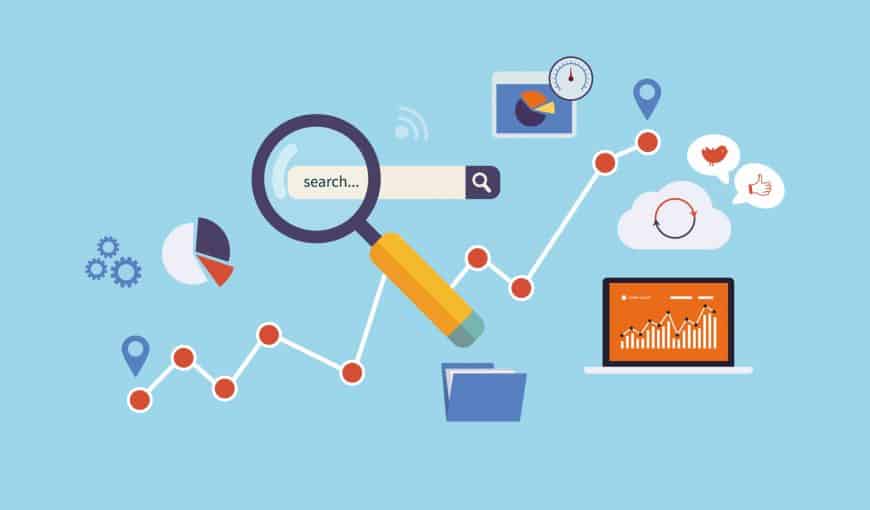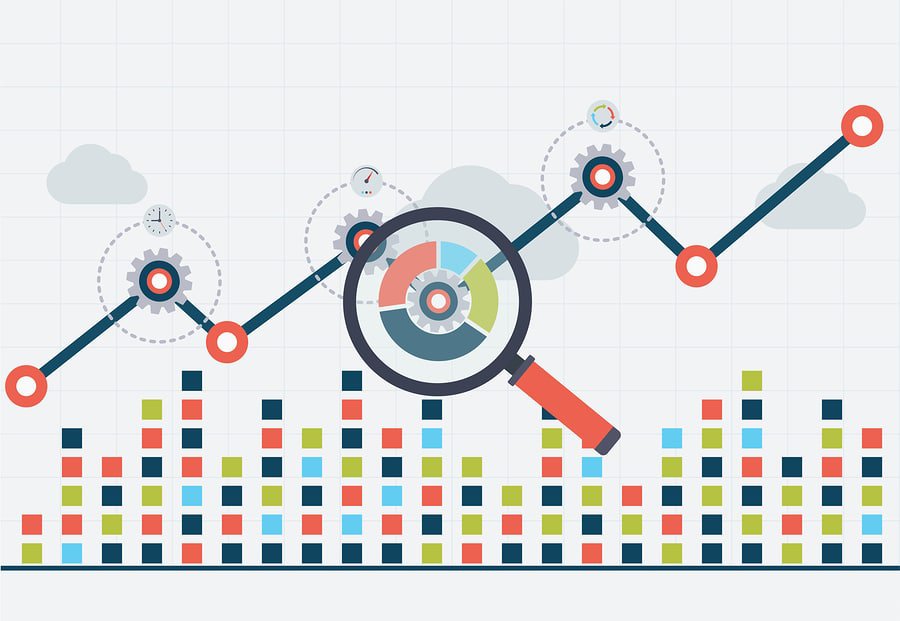What is Organic Traffic?
Organic traffic refers to the visitors that come to your website as the result of unpaid (or “organic”) search results. The opposite of paid traffic, organic traffic is not generated by paid ads or other efforts to bring in site visitors.
In short, site visitors that are considered organic find their way to your website after using a search engine like Bing or Google. This means they are not referred to your business website by any other website or as the result of advertising, making their arrival on your webpage untouched by outside forces or influences.
Organic traffic is most commonly experienced by more established businesses with a large customer following. Newer businesses with a smaller following that are still working to grow their customer base usually need to rely on ads and other paid efforts to generate traffic before organic traffic is easier to achieve.

Why is Organic Traffic Important?
Organic traffic is important for a few key reasons. For one, you can be sure that organic traffic is coming from actual people. This means that the visitors landing on your site are actual human beings – potential customers who are looking for a product or service solution to a problem they may have.
With paid traffic, there is a higher risk of getting clicks and visits from other sources like automated machines and bots. In fact, in PPC (pay-per-click advertising), some businesses use software to increase their clicks so that they can learn more over time. Of course, this is not human traffic which means it will have no conversion rate when all is said and done. In other words, it makes no difference in your site analytics and results in zero growth. With this in mind, you want to implement organic traffic in your site through SEO practices.
In addition to this, organic traffic leads to a more permanent ranking on search engine results pages (SERPs). When you rely on paid traffic, the number of visitors you’re used to will slowly but surely disappear if there is a change in the consistency of your promotions and advertisements. If, however, you rank your website through natural and organic techniques, your popularity can only grow over time and your high rank in search engines will not be easily booted by another business.

How Do You Increase Organic Traffic?
The most effective way to increase organic traffic is through search engine optimization (SEO). Proper SEO, however, is more than just a few well-chosen keywords and implementing other digital marketing techniques.
One of the best and easiest ways to increase organic traffic to your website is to consistently publish relevant, high-quality content. This strategy takes a lot of time and research, but it is invaluable once you’ve got it down.
When potential customers know you regularly publish useful content on your blog that is not only engaging but also informative and easy-to-understand, they are likely to keep returning to your blog and to even tell their friends, family, or colleagues about it.
Over time this will help you rank higher for organic search results, creating a cycle that is useful for your business and sustainable in the long run.
The better you are at researching keywords, the better poised you are to create quality content. Beginning with your company blog is a great start because you can begin creating content about relevant topics that is simple to write, execute, publish, and share.
As you continue creating great content and providing your potential customers with the products or services they need, the more likely you are to rank higher on the typical search engine result’s page. Other ways of increasing organic traffic include:
Researching and Validating Your Topic Ideas
When creating content, you must stay aware that there are hundreds of versions of the article or blog you’re about to write already in existence. This doesn’t mean you should not continue writing your piece, but it does mean that you have to do your research and validate your topic ideas Keep in mind that there are many ways to write a piece of content and many angles to look at a topic from. While doing your research, pay attention to the questions that haven’t yet been asked, and perspectives that haven’t been explored, and build your piece around these ideas.
Utilizing Longtail Keywords
After nailing down our primary keywords to build content around, you should also think about long-tail keywords. These keywords provide structure to the body of your blog content because they are often used as headings and subheadings.
They boost the use of your primary keywords as well as provide some depth for your chosen topics, allowing you to really dig down into what you’re writing and provide your readers with all the ins and outs about a certain product, service, or solution. For example, using long-tail keywords might look something like this:
- Content Management for Your Small Online Business
- Types of Content Management Software
- Which is the Best Content Management System for You?

Remember that while both paid traffic and organic traffic are valuable, organic traffic provides your business with a bit more security because it lasts longer and increases ROI at a low cost. If you need resources to help boost your SEO efforts, let us know!
Directive is a top SaaS SEO agency in the world at creating highly valuable strategies that drive organic traffic growth. Get a free proposal from us today!